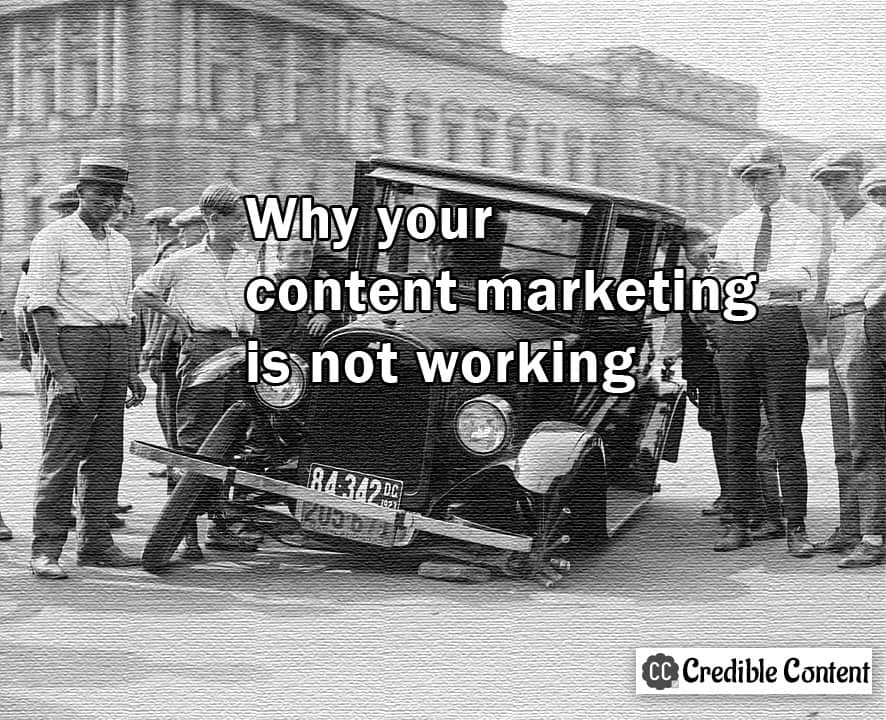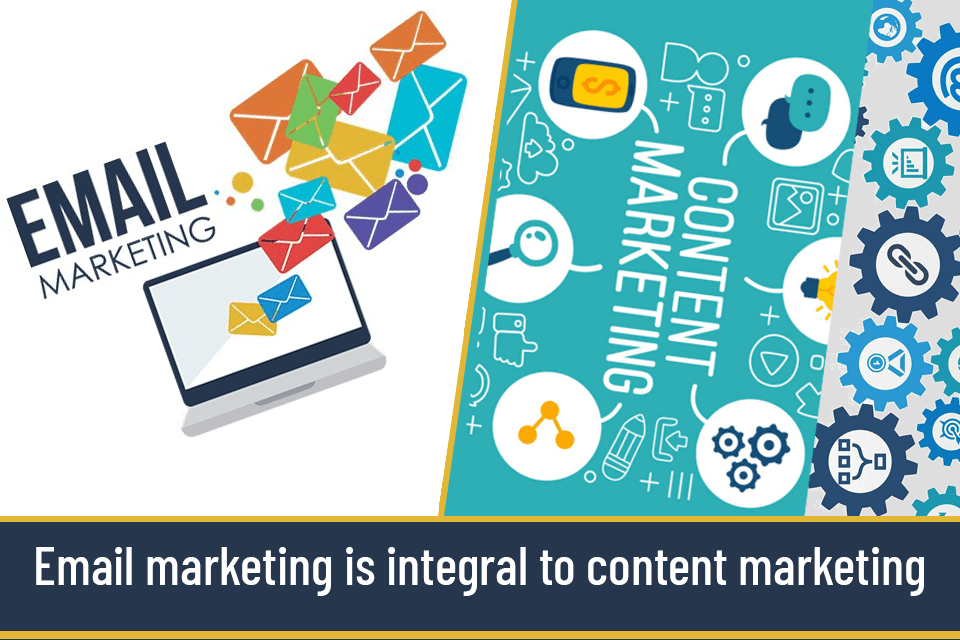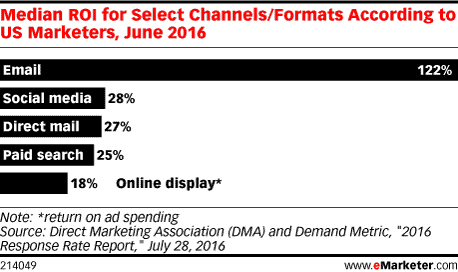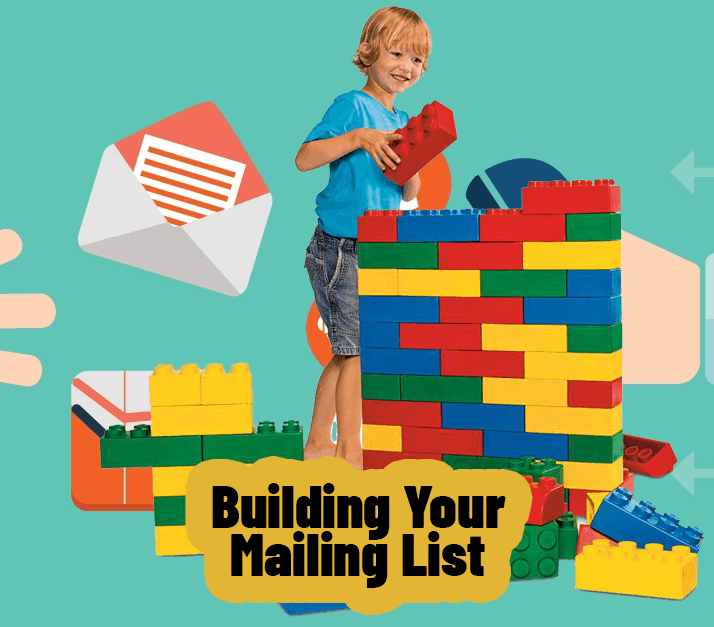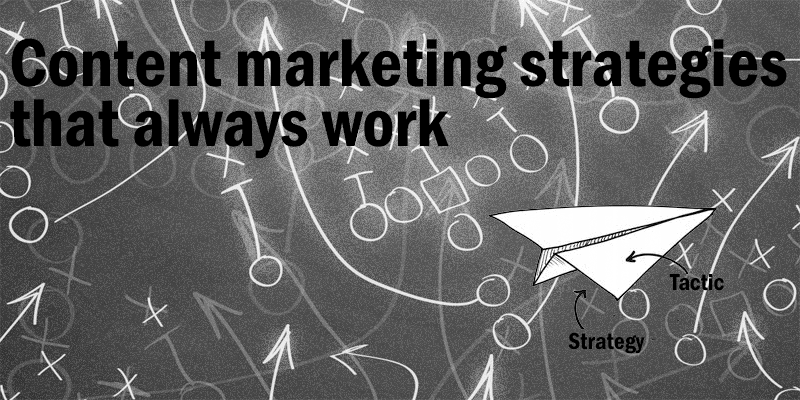ReadWrite has published 6 reasons why your content marketing might not be working.
You know what? Content marketing is like any other undertaking in your life – it is replete with unpredictable outcomes. Hence, if you have been publishing blog post after blog post and have been keeping yourself busy (or one of your representatives) on social media and still haven’t experienced any significant improvement in your targeted traffic, some signs of disappointment and disenchantment are understandable.
The above post rightly says that “in the majority of the cases, it is not the content that is to be blamed. It is rather the content strategy.”
What exactly is content strategy?
It is
- What content you need to publish.
- Whom you should target.
- Which format of content gives you the biggest leverage.
- What platforms you should nurture to promote your content.
The author also says that most people wanting to use content marketing to promote their businesses do the bare minimum. They will just write 300 words because this is what Google recommends (minimum). They will use keywords to “optimize” their content writing rather than writing something meaningful and then using the keywords contextually.
Should you always publish long content? The Post says that you should write at least 1890 words. This number was discovered by Backlinko after analysing 11.8 million Google search results.
How many words you write depends on how much competition your face. About 1 ½ years ago I was working with a client who had hired an SEO company in the UK and this company was using SEMRush to figure out what must be the titles of the web pages and how many words individual web page must have according to the competition faced by that particular keyword or title.
Due to some communication gap, for many webpages I ended up writing more than required. They were upset because they thought that the time was wasted because if those many words were not needed, I shouldn’t have spent time writing them. Whereas, I was focusing on the necessity of the information rather than the word limit.
Why I’m writing this here is because I want to say that how many words you use when writing content for your web pages and blog posts depends on many, and often, weird factors.
When writing for my own blog, I don’t get bogged down by the number of words I must write. Hence, sometimes my blog posts have more than 2000 words, and sometimes they have merely 500 words. It depends on what I want to say at that time.
Bigger content marketing companies come up with surveys, statistics and numbers to aim for because they make big bucks flaunting these numbers.
Personally, what I have experienced is that it is the regularity that matters, coupled with quality and relevance.
Your audience doesn’t respond if your content is not relevant to what they are expecting. I provide content writing services. Sometimes I get obsessed with SEO-related topics but if I write too much on SEO, I will end up attracting the wrong audience because I’m not offering search engine optimization services. For me, SEO is intertwined with quality and relevant content writing.
Regularity is very important because even if you provide great content people need to come across your content on an ongoing basis. Thousands of businesses are continuously publishing content. Even if it is not great content, this content manages to occupy space in people’s minds as well as on the web. Hence you need to remain visible.
Here is my personal advice:
- Don’t worry much about words and instead, focus on providing as much “useful” information as possible.
- Maintain quality and relevance and give it precedence over regularity.
- Be regular.
I know, explaining this to clients who want to pay according to the number of words their blog posts and web pages must have, can be difficult. Although most of them except that it is the quality that matters, they all aim for a certain number of words.
I can understand their worry. If they don’t give their content writer a “word-target” the writer may not spend much time on each topic.
Something to ponder on for me in the coming weeks.

